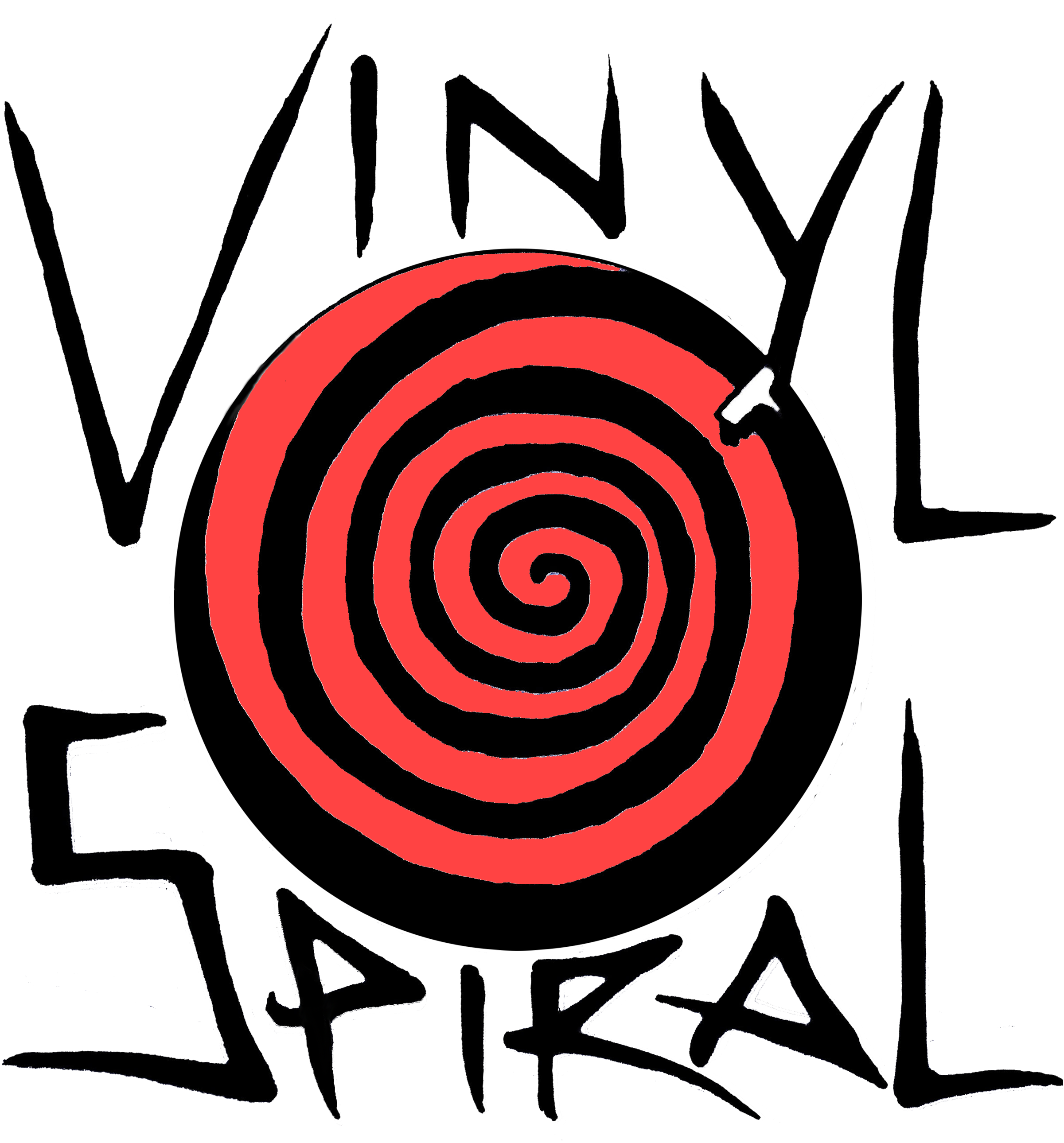Starting a Vinyl Record Collection
- By - mindbomb
- Posted on

A Beginner’s Guide to Starting a Vinyl Record Collection
In an age of digital music and streaming services, there’s a certain magic to vinyl records that’s experiencing a resurgence. The warm sound, tactile experience, and the joy of collecting make vinyl a unique and rewarding hobby. If you’re considering starting your own vinyl record collection, this beginner’s guide will help you get started on the right note.
1. Understand Your Motivation:
Before you dive headfirst into vinyl collecting, take a moment to reflect on why you want to start. Is it the allure of vintage aesthetics, a desire for better audio quality, or simply the thrill of owning physical music? Knowing your motivation will help shape your collection.
2. Set a Budget:
Vinyl records can range from affordable to quite expensive, so it’s essential to set a budget. Consider how much you’re willing to invest in this hobby, and stick to it. While some records can be collectors’ items with significant price tags, many affordable options are available for music lovers on a budget.
3. Choose Your Equipment:
To play vinyl records, you’ll need a turntable (record player). Invest in a decent quality turntable that won’t damage your records, and consider features like automatic or manual operation. You’ll also need a stereo system or powered speakers to connect to your turntable for sound output.
4. Start with the Basics:
As a beginner, it’s a good idea to begin with some classic and easy-to-find albums. Look for iconic albums from artists like The Beatles, Pink Floyd, or Led Zeppelin. If you like electronic music you might want to start from Depeche Mode. If your sound is a bit dark why not to explore The Cure. Taste for alternatives? Try Radiohead. These are not only great to listen to but are also widely available, making it easier to start your collection.
5. Explore Different Genres:
Vinyl records cover a wide range of music genres, so don’t limit yourself. Explore jazz, rock, pop, classical, blues, and more. You might discover new genres and artists you love along the way.
6. Research and Learn:
Take the time to educate yourself about vinyl records. Learn about the different types of vinyl (e.g., 33 1/3 RPM LPs, 45 RPM singles, and 78 RPM records), record grading, and how to handle, store, and clean your records. Proper care will ensure your collection lasts for years.
7. Visit Record Stores:
One of the joys of vinyl collecting is the treasure hunt at local record stores. Explore independent record shops, thrift stores, and online marketplaces. You never know what gems you might find, and the experience is part of the fun.
8. Join Vinyl Communities:
Connect with other vinyl enthusiasts through online forums, social media groups, or local vinyl clubs. Sharing experiences, getting recommendations, and discussing your collection with like-minded individuals can be incredibly rewarding.
9. Be Patient:
Building a vinyl collection is a journey, not a race. Patience is key, especially if you’re searching for rare or out-of-print records. Take your time, and enjoy the process.
10. Care for Your Collection:
Vinyl records require special care. Store them vertically to prevent warping, keep them in protective inner and outer sleeves, and invest in a record cleaning kit. A well-maintained collection will ensure your records sound great for years to come.
Starting a vinyl record collection can be a fulfilling and nostalgic journey. Each record tells a story and carries a piece of musical history. With the right approach, you’ll soon find yourself immersed in the world of vinyl, enjoying both the music and the experience of collecting. Happy collecting!
Starting a vinyl record collection is a delightful adventure, and this guide will help you make your first steps with confidence and enthusiasm.
